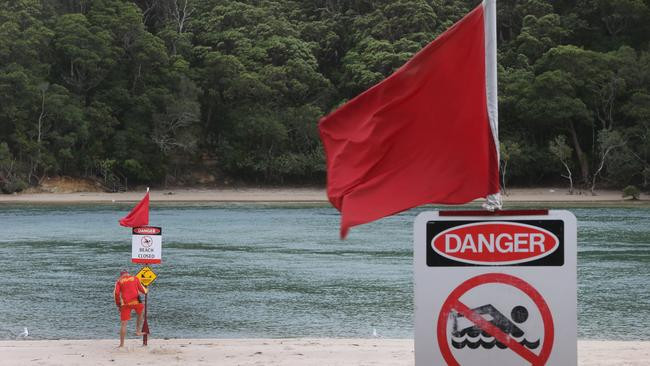Victoria Police Chief Commissioner Faces Uncertain Future After No-Confidence Vote
It is unclear whether Shane Patton will remain Chief Commissioner of Victoria Police, following a resounding vote of no confidence in his leadership. The vote, conducted by The Police Association of Victoria (TPAV), revealed that 87 per cent of participating officers expressed a lack of confidence in Commissioner Patton's ability to lead the force. This outcome has cast significant doubt on his future, particularly as his current five-year contract is set to expire mid-year.
Fallout from the No-Confidence Vote
The no-confidence vote was held amidst a protracted pay dispute between Victoria Police and its officers. The overwhelming rejection of Commissioner Patton's leadership has sparked intense speculation regarding his future. While the government has stated that a process is underway to select a commissioner for the next term, it has remained ambiguous about Commissioner Patton's involvement in that process. Despite statements by Commissioner Patton expressing his intention to continue in his role, the vote's outcome and the government's silence create considerable uncertainty.
Reactions and Interpretations
The Victorian government's response to the no-confidence vote has been measured, acknowledging the result while emphasizing the ongoing selection process. However, the lack of definitive statements regarding Commissioner Patton’s future has fueled further speculation. Opposition leaders have strongly criticized the government's handling of the situation, with some suggesting Commissioner Patton is being used as a scapegoat for the government's shortcomings in addressing broader issues of crime and law enforcement. Others, such as former Victorian police chief Kelvin Glare, have expressed sympathy for Commissioner Patton, highlighting the challenging circumstances he has faced during his tenure.
The Underlying Issues
The no-confidence vote is symptomatic of deeper issues within Victoria Police. These include a prolonged pay dispute and significant concerns regarding rising youth crime, police vacancies, and high numbers of officers on long-term leave. These issues are not unique to Victoria Police but appear exacerbated within the state. Commissioner Patton has acknowledged the challenges while asserting his continued commitment to the role. However, the scale of the no-confidence vote suggests a significant erosion of trust and morale among rank-and-file officers.
Broader Context of Police Morale
The vote has also highlighted broader concerns about the relationship between the government and Victoria Police. Some critics argue that the government's budgetary decisions and lack of support for law enforcement initiatives have contributed to the current crisis. Former police chief Kelvin Glare echoed this sentiment, stating that the government’s financial decisions and the legacy of previous mismanagement have hampered Commissioner Patton’s ability to effectively lead the force. He also observed that officers view the chief commissioner as someone who should stand up to government demands and secure essential resources for the force.
A Look Ahead: What Next for Victoria Police?
A caretaker chief commissioner will likely take over until June when Patton’s contract is set to expire. The selection process for a new Chief Commissioner will be scrutinized, given the recent events. The government faces pressure to make a decision that can restore trust within the force and address broader community concerns about crime. The outcome will shape the future direction of Victoria Police and its relationship with the government for years to come.
The government's handling of this situation will be pivotal in determining the future stability and effectiveness of the Victoria Police force. The appointment of a new commissioner must inspire confidence, not only within the ranks but also among the public. Restoring faith in the leadership of Victoria Police is paramount; ensuring public safety demands it. The ongoing challenges faced by Victoria Police underscore the need for comprehensive reform and collaborative solutions to address the critical issues at hand. The immediate future remains uncertain, but the impact of this no-confidence vote will be felt for a long time.


















